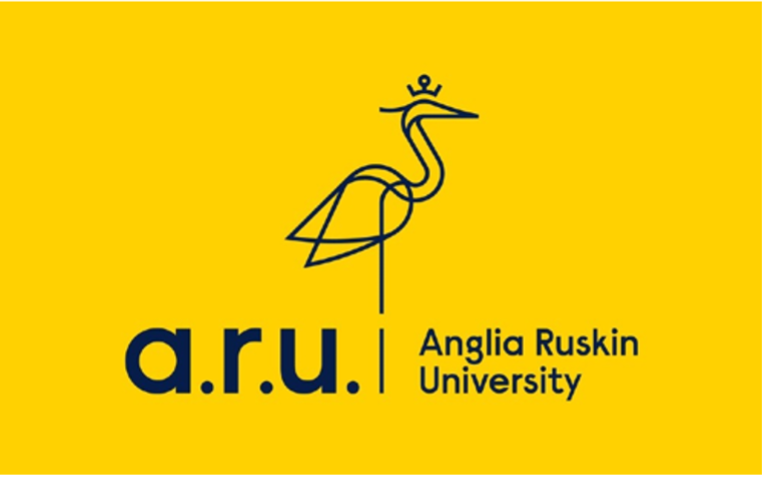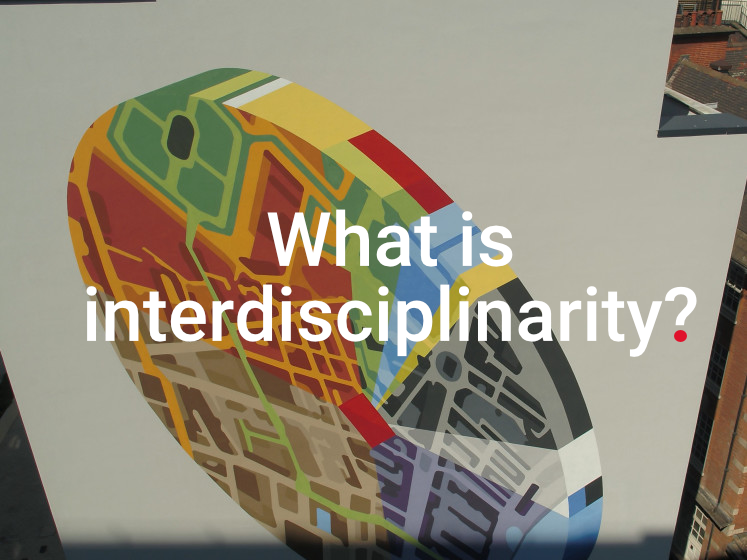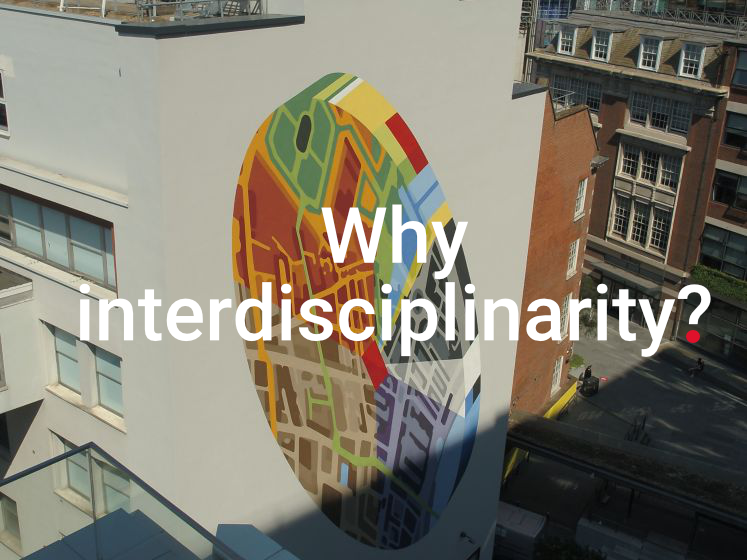As LSE’s flagship interdisciplinary course, LSE100 brings students together from across the social sciences to tackle complex global challenges. While welcoming students into the LSE tradition of thinking like a social scientist, the course develops students’ abilities to synthesise and integrate ideas, concepts, and evidence from across a range of disciplinary perspectives. This is at the heart of interdisciplinary learning, which Klein and Newell (1997) describe as “a process of answering a question, solving a problem, or addressing a topic that is too broad or too complex to be dealt with adequately by a single discipline or profession…[it] draws on disciplinary perspectives and integrates their insights”.
The themes of LSE100 offer rich opportunities for interdisciplinary investigation, as students begin to outline the contours and boundaries of the social sciences, identify the benefits and limitations of disciplinary thinking, and learn from each other as they bring together diverse approaches, methodologies, and theoretical perspectives.
Since its inception in 2010, LSE100 has been considered a globally leading example of embedding interdisciplinary education into cross-institutional curricula. We have been fortunate to collaborate with institutions both in the UK and internationally as they develop their own interdisciplinary modules and programmes. Some examples of these collaborations are provided below:
A list of LSE100 collaborations
|

|
Since 2020, we have worked with Anglia Ruskin University as they launched their interdisciplinary Ruskin Modules scheme, which brings students together from different disciplines to develop cross-cutting skills in collaboration, problem-solving, and thinking critically, creatively and flexibly.
|
|

|
We have consulted with academics at the University of Auckland New Zealand on their Curriculum Framework Transformation Programme, which includes the introduction of a curated suite of Grand Challenge interdisciplinary courses, drawing on Indigenous and local knowledges to address complex global issues.
|
|

|
We are currently working with colleagues at the University of Edinburgh as they develop their new Challenge Courses as part of an institutional curriculum transformation project. These interdisciplinary courses will provide an opportunity for students to explore and build understanding of themes and topics outside their home discipline.
|
We are keen to support others in the sector who are working on interdisciplinary learning initiatives. If you are interested in discussing opportunities for collaboration, please email us at LSE100@lse.ac.uk.
Check out the videos below with LSE100 Co-Directors Dr Jillian Terry and Dr Chris Blunt to learn more about LSE100’s approach to interdisciplinarity and the benefits of interdisciplinary learning for our students. You can find more videos in our series on interdisciplinarity here.
 What is interdisciplinarity? (4:25)
How can we define interdisciplinarity? What role do synthesis and integration play in the shaping of an interdisciplinary approach? In this video, Chris and Jillian consider how we practice interdisciplinarity and how interdisciplinary perspectives can shift our understandings of our own disciplinary expertise
What is interdisciplinarity? (4:25)
How can we define interdisciplinarity? What role do synthesis and integration play in the shaping of an interdisciplinary approach? In this video, Chris and Jillian consider how we practice interdisciplinarity and how interdisciplinary perspectives can shift our understandings of our own disciplinary expertise
 Why interdisciplinarity? (4:56)
Why be interdisciplinary? How are trends of interdisciplinary learning shaping higher education? This short video outlines some of the benefits of interdisciplinary approaches for developing the skills needed to tackle complex global challenges.
Why interdisciplinarity? (4:56)
Why be interdisciplinary? How are trends of interdisciplinary learning shaping higher education? This short video outlines some of the benefits of interdisciplinary approaches for developing the skills needed to tackle complex global challenges.